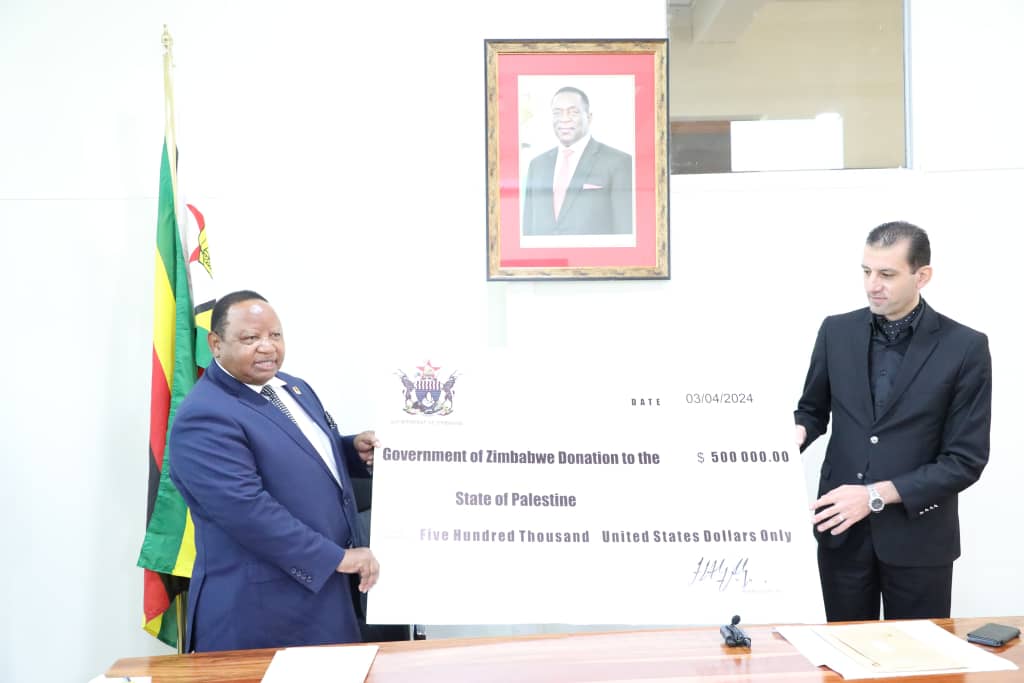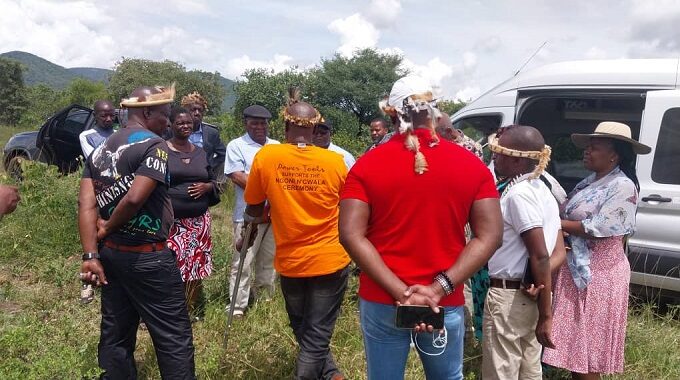HARARE – Vice President Emmerson Mnangagwa is likely to succeed President Robert Mugabe should the nonagenarian leave office either through retirement or natural wastage, a US think-tank said in a new report released this week.

A report by Strategic Forecasting Inc. (Stratfor) — a Texas-based private global firm that provides confidential intelligence services to large corporations — stated that Mnangagwa has emerged as the front-runner to succeed the 91-year-old Mugabe due to his budding role in ruling the country than any preceding vice president or government leader.
“Mnangagwa, who also serves as minister of Justice and who was formerly a minister of Defence and chief of the country’s intelligence organisation, has experience and knowledge of Zimbabwe’s security and economic affairs,” reads the report, dubbed Zimbabwe’s succession plan clarifies.
“He is also well versed in the politics of the ruling Zanu PF party.”
Mnangagwa, largely viewed as Mugabe’s trusted right-hand man, rose to the vice presidency late last year following the purging of former Vice President Joice Mujuru when she was accused of plotting Mugabe’s downfall.
Since then, Mnangagwa has on numerous occasions been handed over the presidency — albeit on an acting capacity — when Mugabe travels on his numerous trips abroad as the African Union and Sadc chairperson.
According to the report, it was Mnangagwa’s influence among the leaders of Zimbabwe’s security forces that enabled the ruling party to maintain power against challenges by the Morgan Tsvangirai-led Movement for Democratic Change party following the disputed 2008 elections.
Though Tsvangirai never held substantial authority, he became Zimbabwe’s Prime Minister during the 2009 to 2013 inclusive government era, settling the dispute over the election results.
However, interference from the former liberation war movement effectively undermined Tsvangirai, and his party made little headway.
“Ultimately, Mnangagwa’s decision to deploy State security resources to fortify the diamond-producing Marange area of the eastern Manicaland province ensured the ruling party maintained enough financial resources to remain in power,” said the Stratfor report.
But, as the internecine fighting to replace one of Africa’s long-serving leaders hots up, Mnangagwa’s ascendency might not be a stroll in the park.
Last month, Information minister Jonathan Moyo emphatically told the BBC that the vice president was not the heir apparent but just Mugabe’s appointed assistant.
Since Mnangagwa’s appointment, temperatures have been rising within the faction that propelled the party strongman to power, amid talk that the faction of party hardliners was reportedly locked in a nasty and escalating dogfight among themselves.
Stratfor noted that Mnangagwa already has his work cut out for him since he would be expected to implement sound economic policies to halt the current economic decline.






